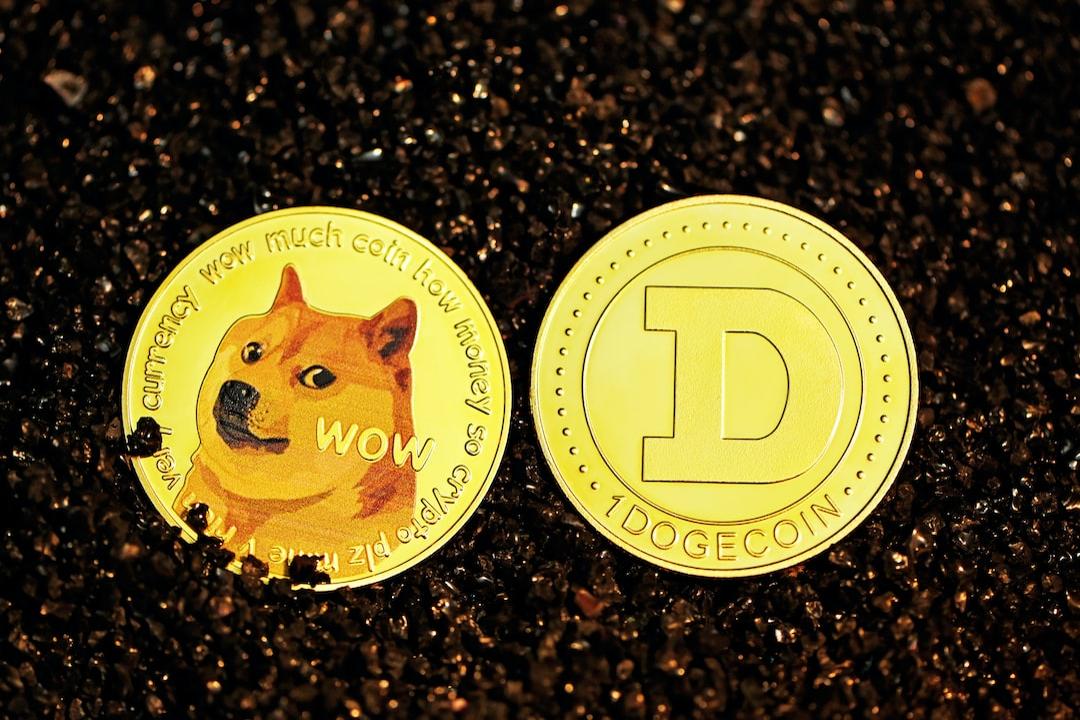The largest cryptocurrency exchange in the world, Binance, will no longer be accessible to users in the Philippines due to concerns raised by the country’s financial regulator. The Securities and Exchange Commission (SEC) of the Philippines has partnered with the National Telecommunication Commission (NTC) to block access to Binance’s website and online trading platform, as stated in a document released on March 25.
The SEC alleges that Binance has been offering investment products, such as leveraged trading services and crypto savings accounts, without the necessary licenses. This is a violation of the Securities Regulation Code. To allow investors time to withdraw their funds from Binance, the ban will be implemented within three months. Additionally, the SEC has requested Google and Meta to prevent Binance-related advertisements from appearing on their platforms for Filipino users.
This ban is the latest setback for Binance, as it has faced increased regulatory scrutiny worldwide. In December, a U.S. court ordered Binance to pay $2.7 billion, while its former CEO, Changpeng “CZ” Zhao, was ordered to pay $150 million to the Commodity Futures Trading Commission (CFTC). The case, which had been ongoing since March 2023, accused Binance of evading federal law and operating an illegal derivatives exchange.
As part of a settlement with the U.S. Department of Justice, the Treasury Department, and the CFTC, CZ agreed to step down from his role as CEO of Binance on November 21. On the same day, he pleaded guilty to civil charges and one criminal charge related to Anti-Money Laundering laws. However, his sentencing for money laundering charges has been postponed until April 30. Currently, he is out on a $175 million release bond.
It is worth noting that the ban on Binance in the Philippines comes amidst community outrage over the allocation reduction of the DED memecoin airdrop.

